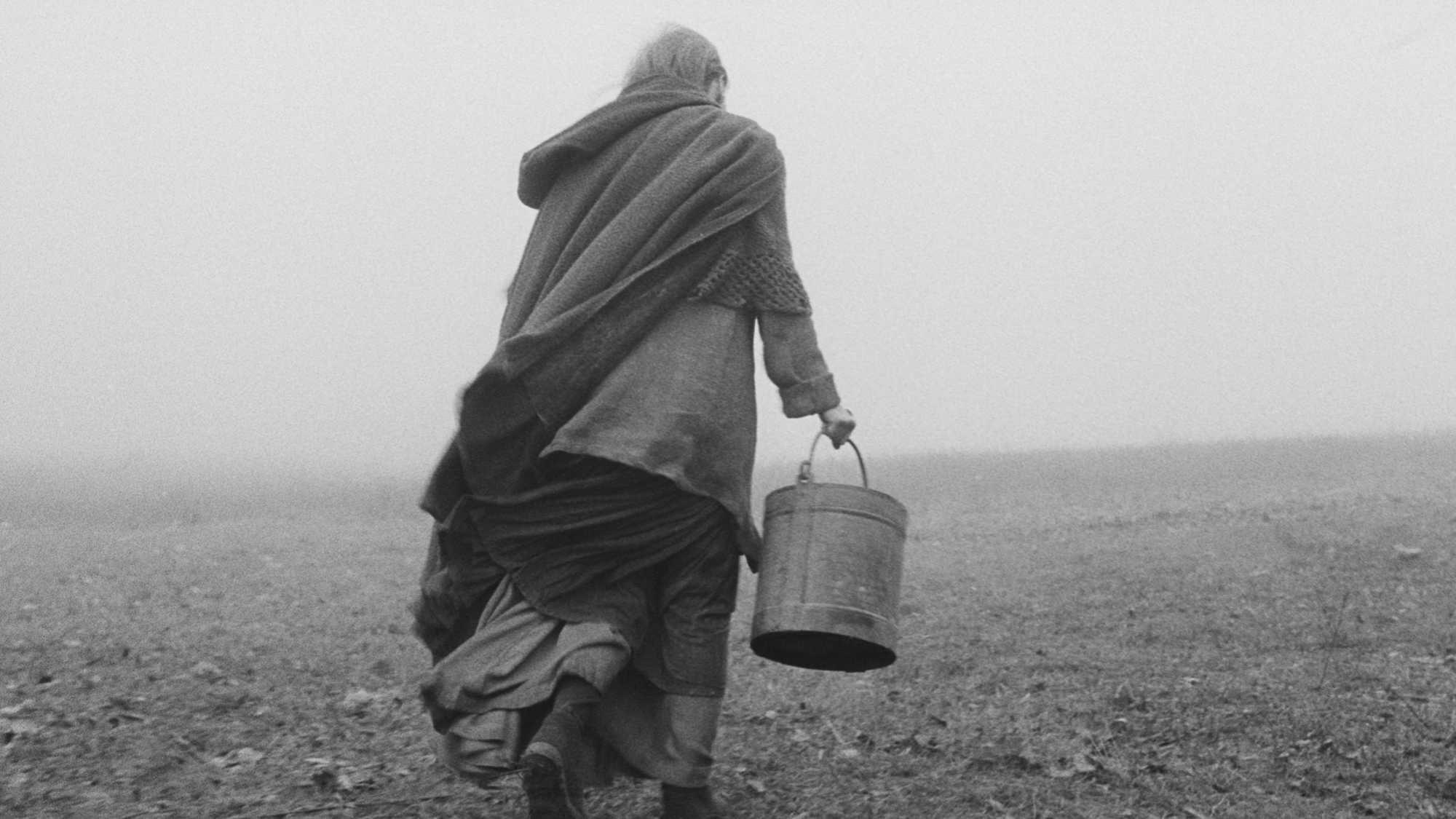Béla Tarr's final masterwork. “The Turin Horse is an absolute vision, masterly and enveloping in a way that less personal, more conventional movies are not. The film doesn't seduce; it commands.” — NPR

If you want to see film at its most powerful and majestically bleak, look no further.
Screened as part of NZIFF 2011
The Turin Horse 2011
A torinói ló
The latest from Hungarian maestro Béla Tarr offers an extraordinary sui generis apocalyptic vision inspired by the tale of philosopher Friedrich Nietzsche leaping to the aid of an abused horse on the streets of Turin. We know what happened to Nietzsche (he went clinically insane), but Tarr takes us into the story of the horse, its elderly owner and his daughter, and their stark, middle-of-nowhere existence, which is beset by an entropic windstorm which may, or may not, portend the end of the world. — MM
“A 19th-century, black-and-white exercise in pure cinema that features two-and-a-half hours of some of the most remarkable shots ever created for a motion picture… The opening shot, alone worth the price of admission, tracks the old man and the horse as they trudge home in the face of the oncoming storm, the camera moving alongside them, then in front, then below, all the while the wind and dust blow and the dirge-like strings of Tarr’s ‘permanent composer’, Mihály Vig, swell furiously on the soundtrack… From there, the old man and his daughter batten down the hatches. She helps him to change into his house clothes, and we see that while this may not be the most loving father-daughter relationship in movies, it is a functional one, driven by the harsh realities of the life they share, or of life in general…
Each sequence in The Turin Horse is more ravishing than the next, as Tarr creates his signature ballets of movement between actors and camera, a series of tableaux vivants that encapsulate, as eloquently as Tarr ever has, the fundamental despair of the human condition.” — Scott Foundas